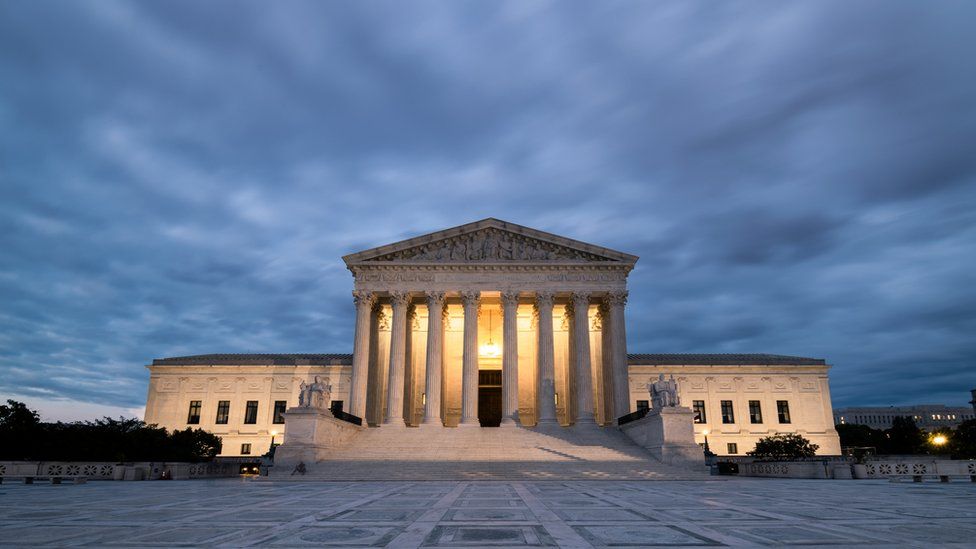-

-
-
Loading

Loading

The US Supreme Court is currently engaged in a heated debate over a bankruptcy deal involving Purdue Pharma and the Sackler family. Purdue Pharma, the manufacturer of the highly addictive painkiller OxyContin, filed for bankruptcy in 2019, while the Sackler family, who owns the company, did not. In 2022, the family agreed to pay $6 billion to address the opioid addiction crisis and admitted their role in selling the drug. In return, a bankruptcy court granted them immunity from civil cases. However, US officials argue that this deal exceeds the court's power. During the court hearing, the Justice Department claimed that the agreement conflicted with bankruptcy law. Thousands of families affected by OxyContin's misuse want the Supreme Court to overturn the deal, exposing the Sackler family to numerous lawsuits. Protesters outside the court expressed their discontent, while other families in favor of the deal argue that it ensures prompt payment for victims. The case raises the question of whether bankruptcy courts have the authority to grant "third party releases" to entities that did not file for bankruptcy. Legal experts anticipate that the Supreme Court's ruling will have significant implications. The current debate also involves whether everyone affected should have a say in approving the settlement. Over 2,600 individuals voted against the Purdue Pharma deal, and hundreds of thousands did not vote at all. Some critics argue that stronger claimants deserve a larger payout than what the immediate settlement offers. However, those like Dede Yoder, who lost her son to an opioid addiction, support the deal as they believe it provides compensation that would otherwise be unattainable from the Sacklers. The Sackler family's involvement with OxyContin has faced widespread criticism for alleged aggressive marketing and downplaying the drug's dangers. They are said to have withdrawn $11 billion from Purdue Pharma before filing for bankruptcy. The government argues that the current deal would shield the Sackler family from trillions of dollars in damage claims. Critics of the settlement, like Ellen Isaacs, believe that the family is being let off lightly and must be held accountable for their actions. Despite differing opinions on the deal, many agree that the Supreme Court's decision will be highly significant.